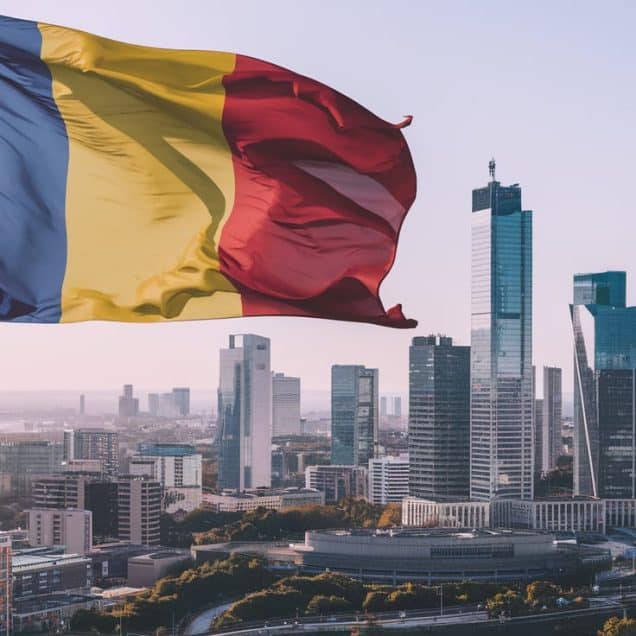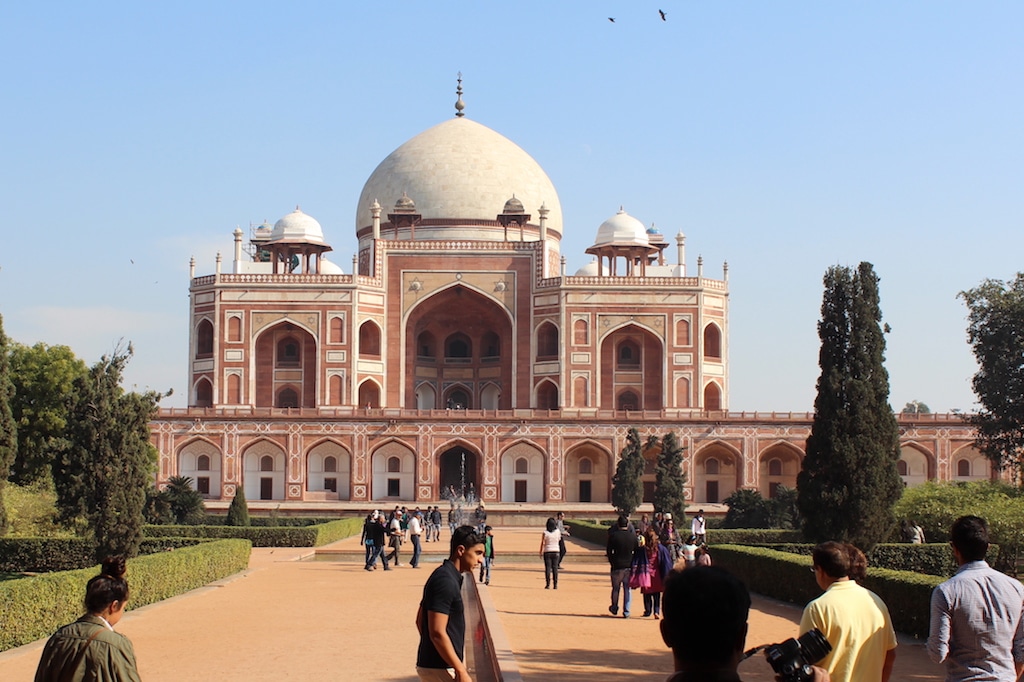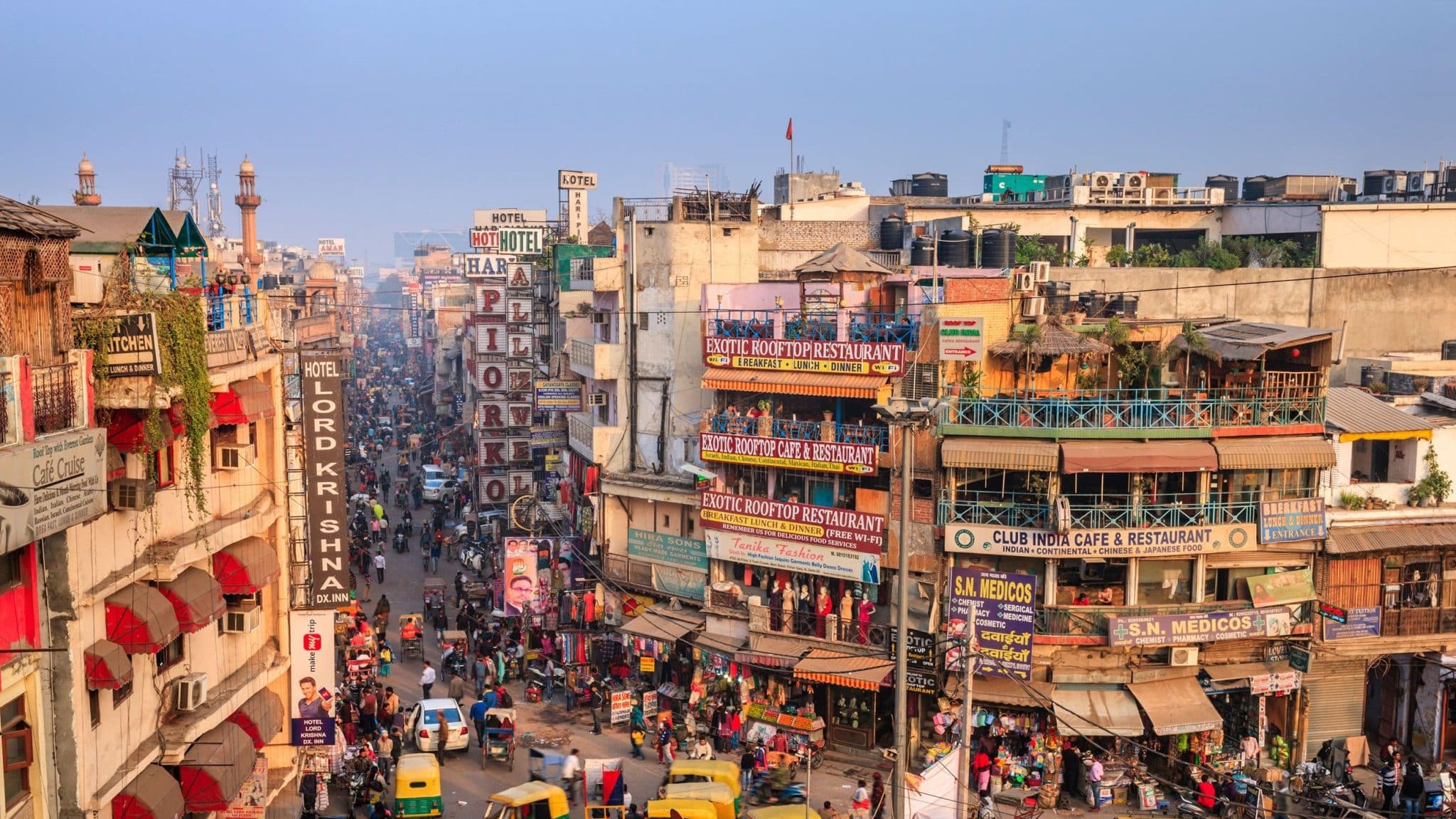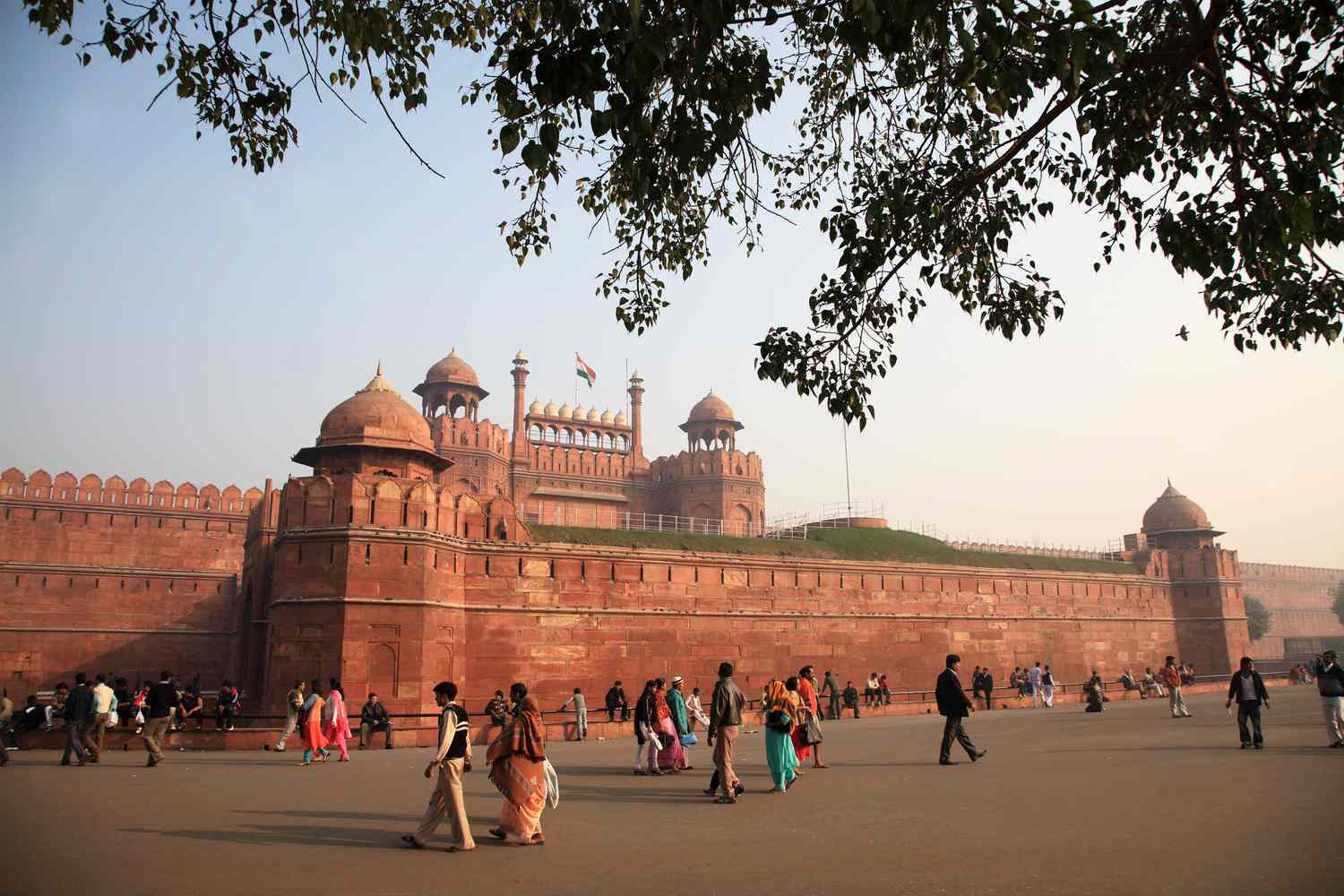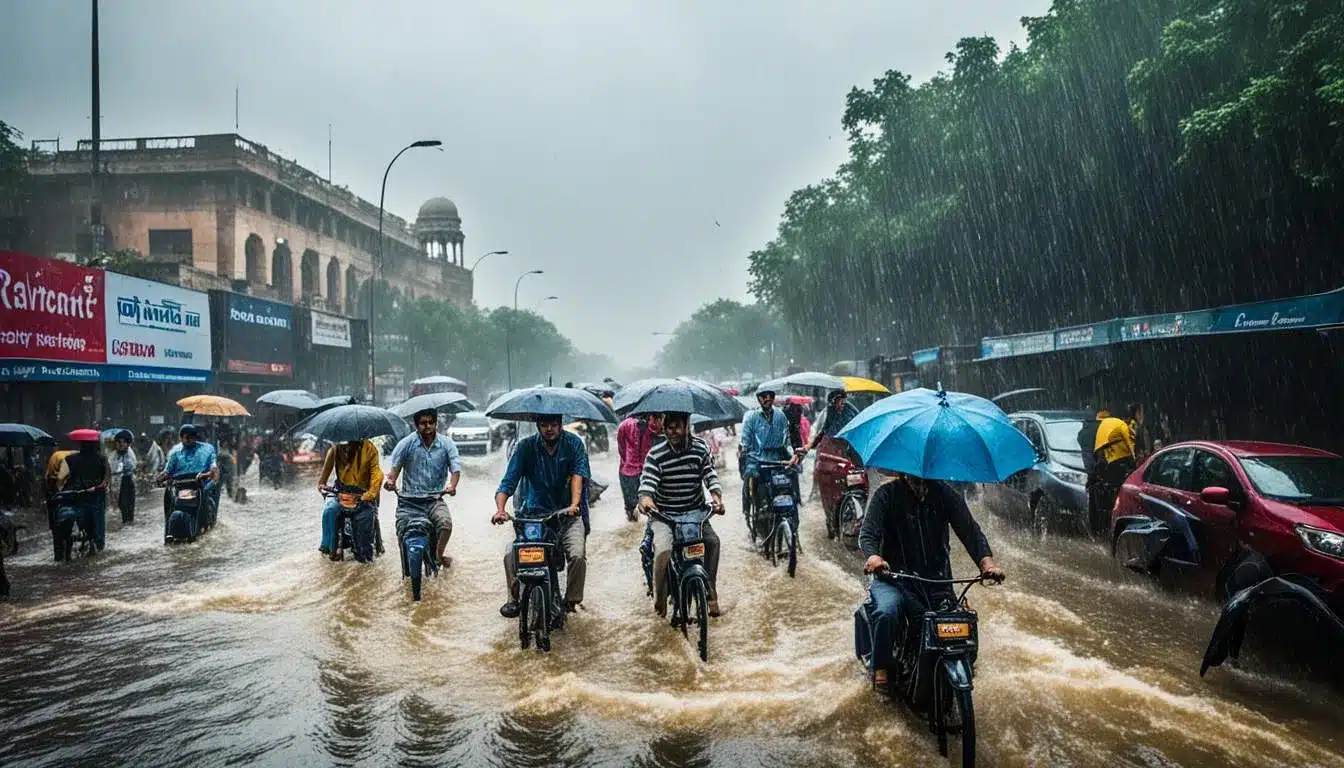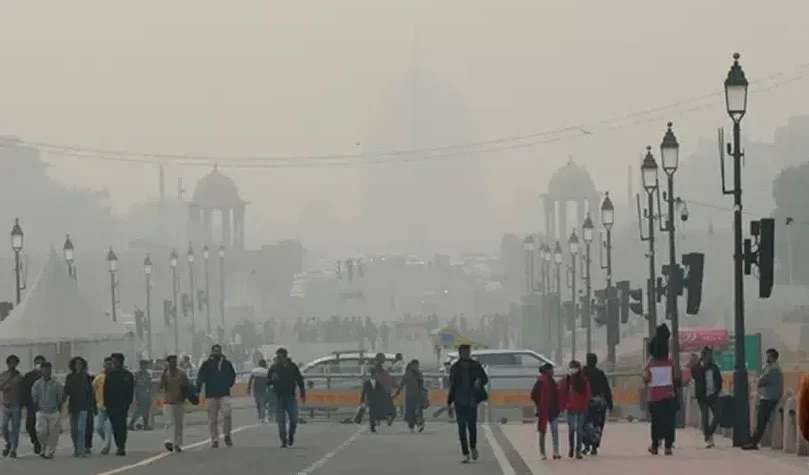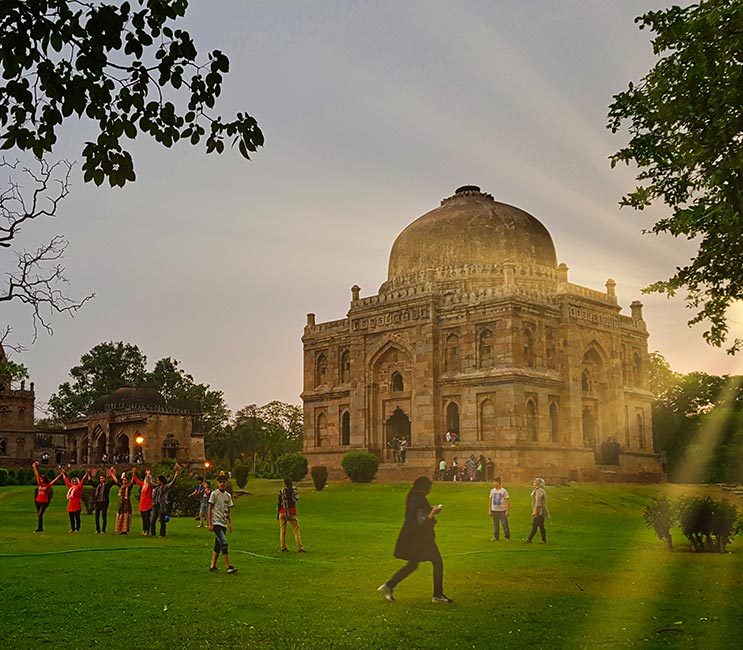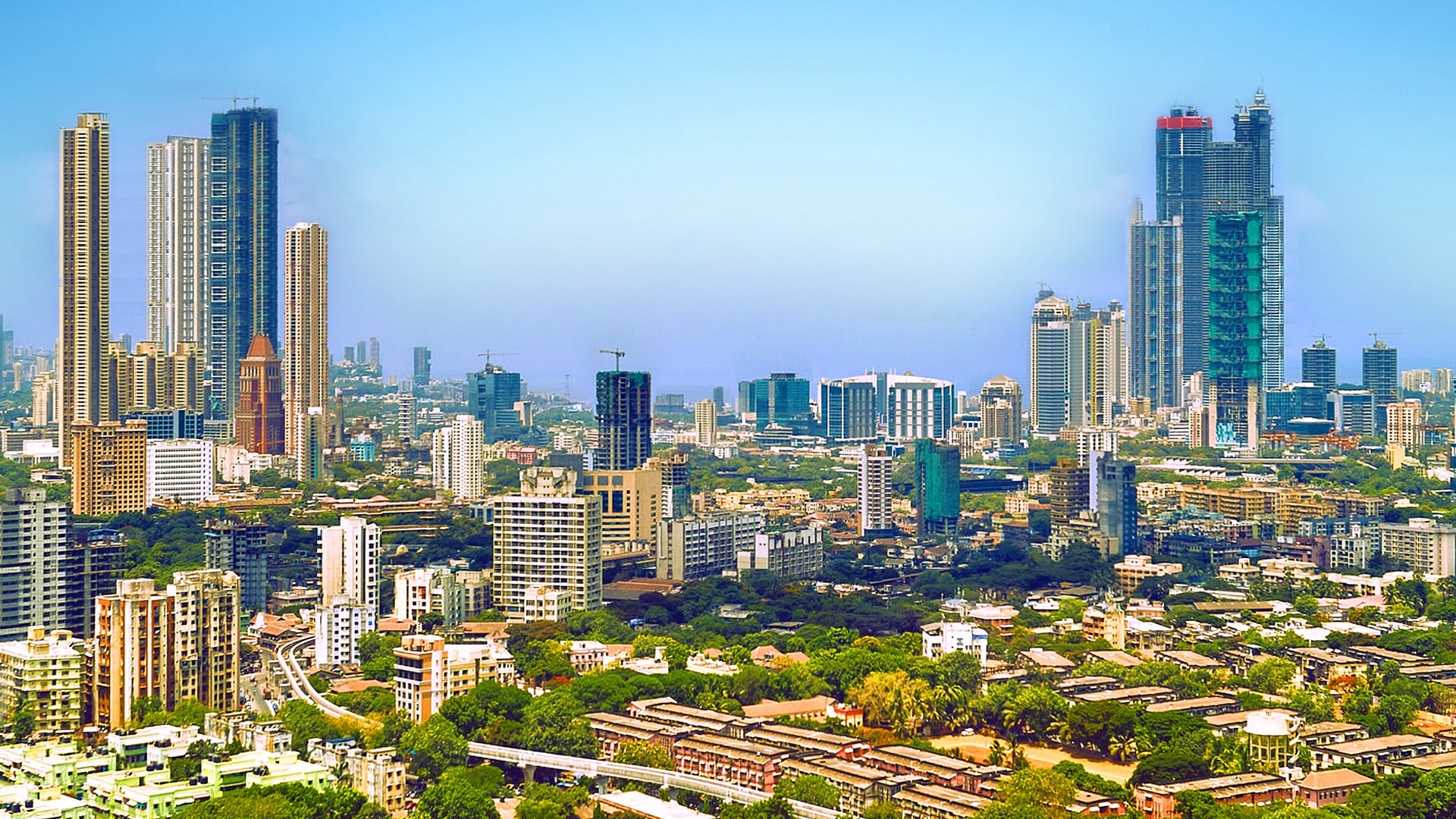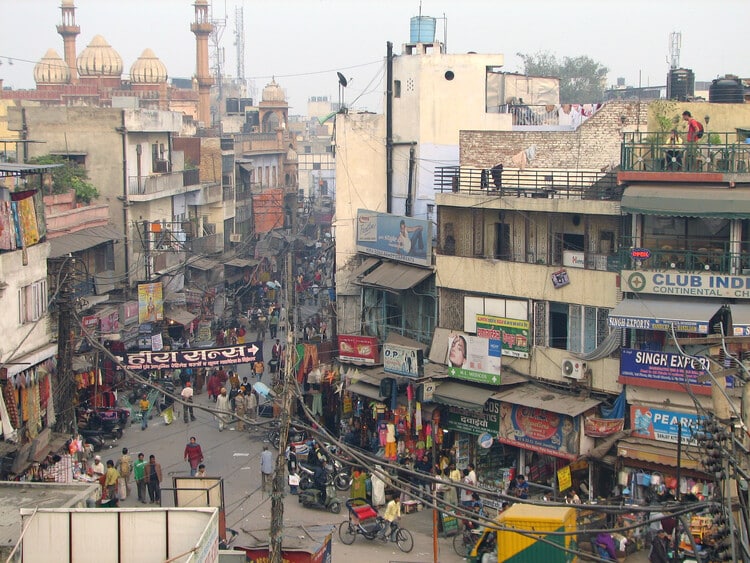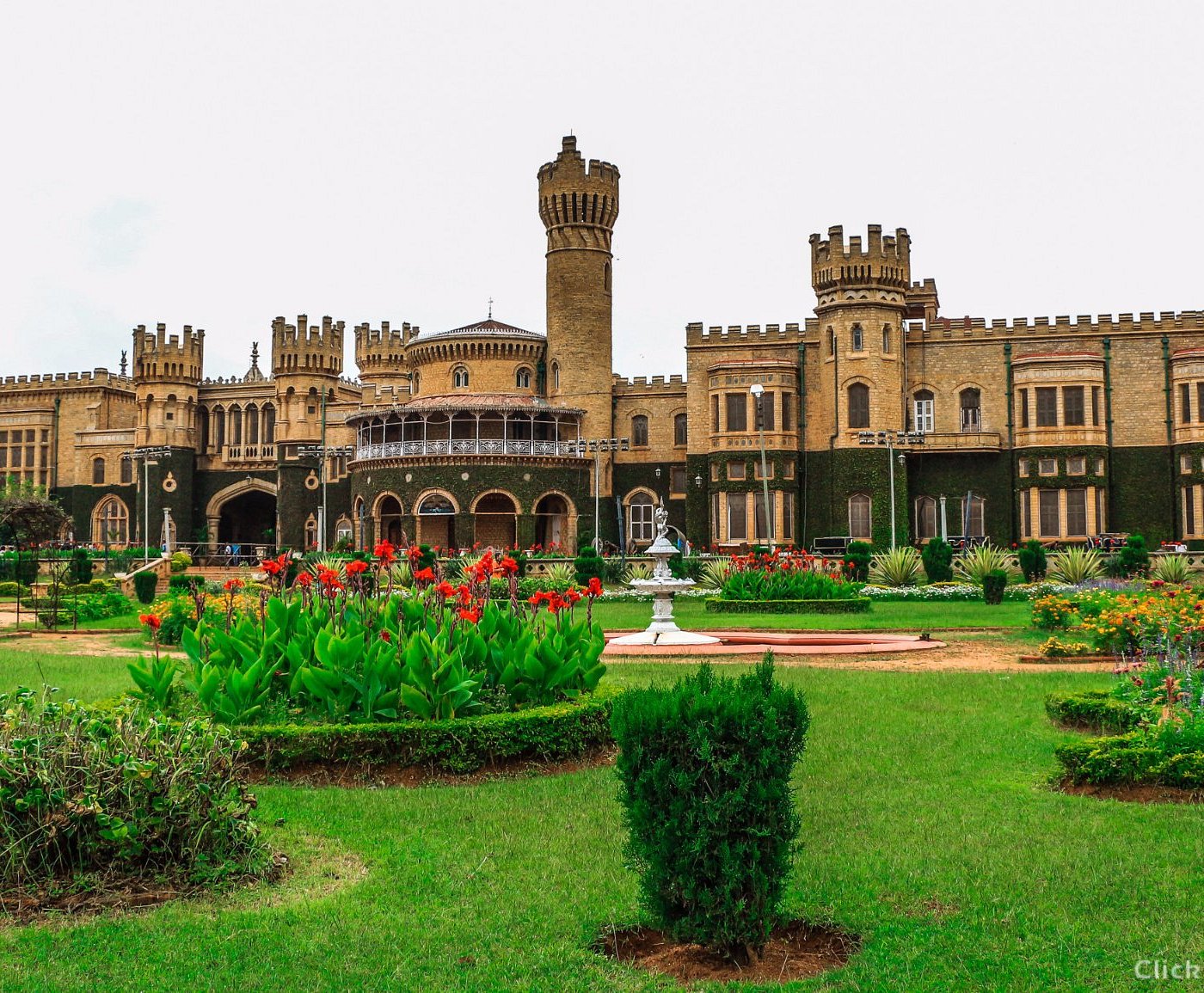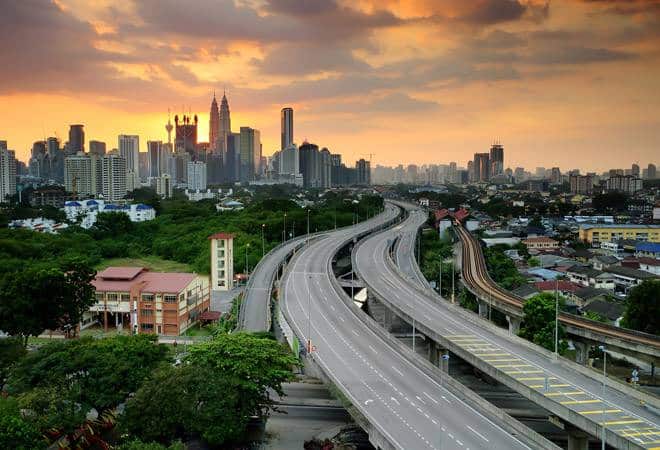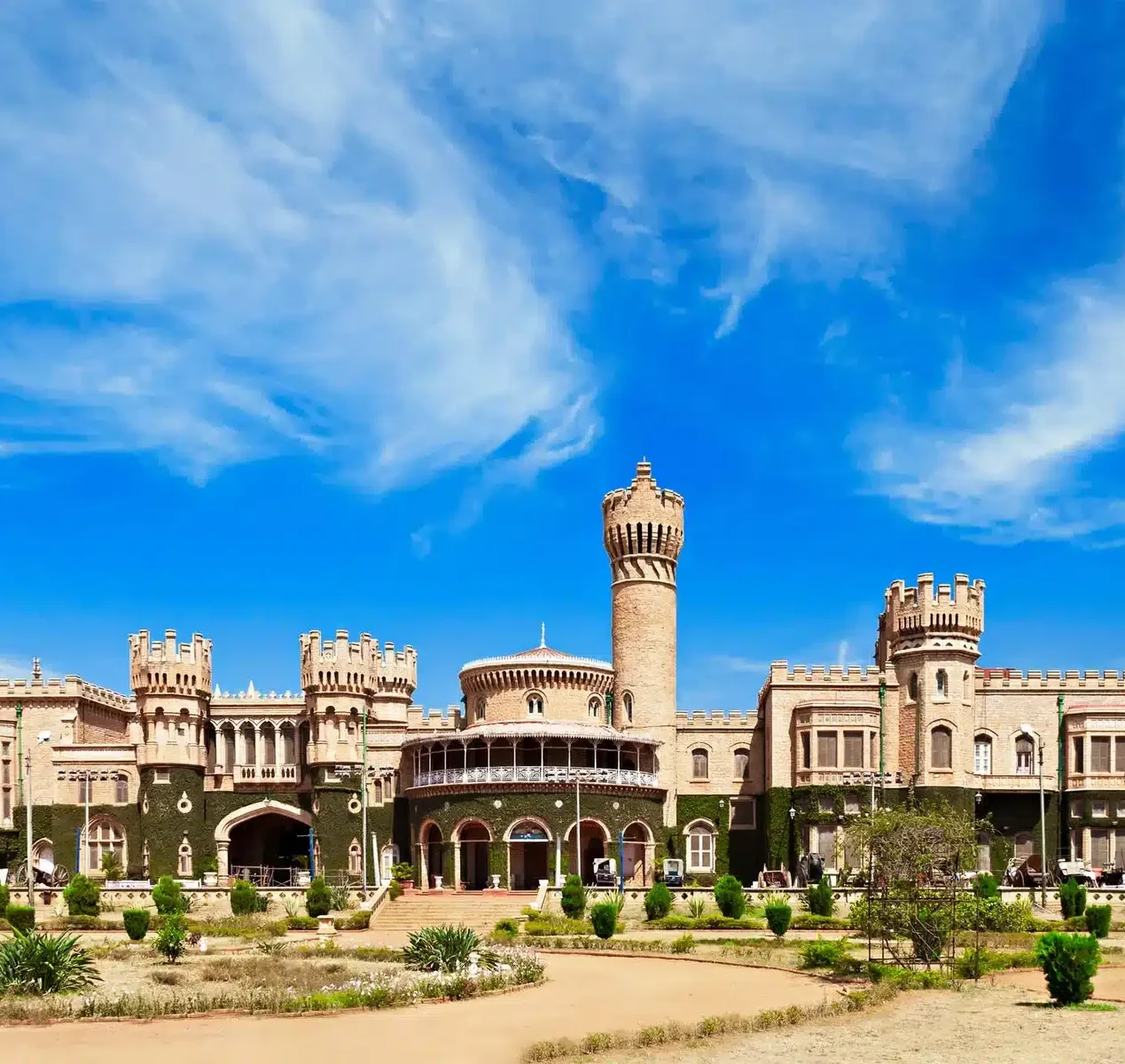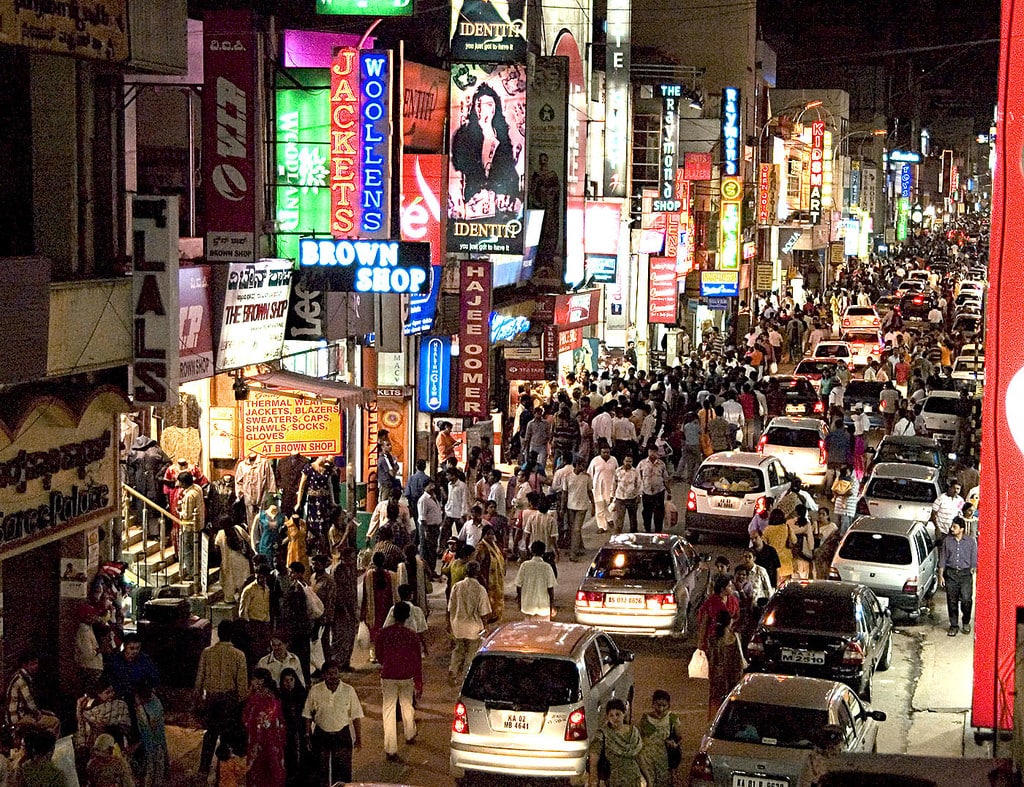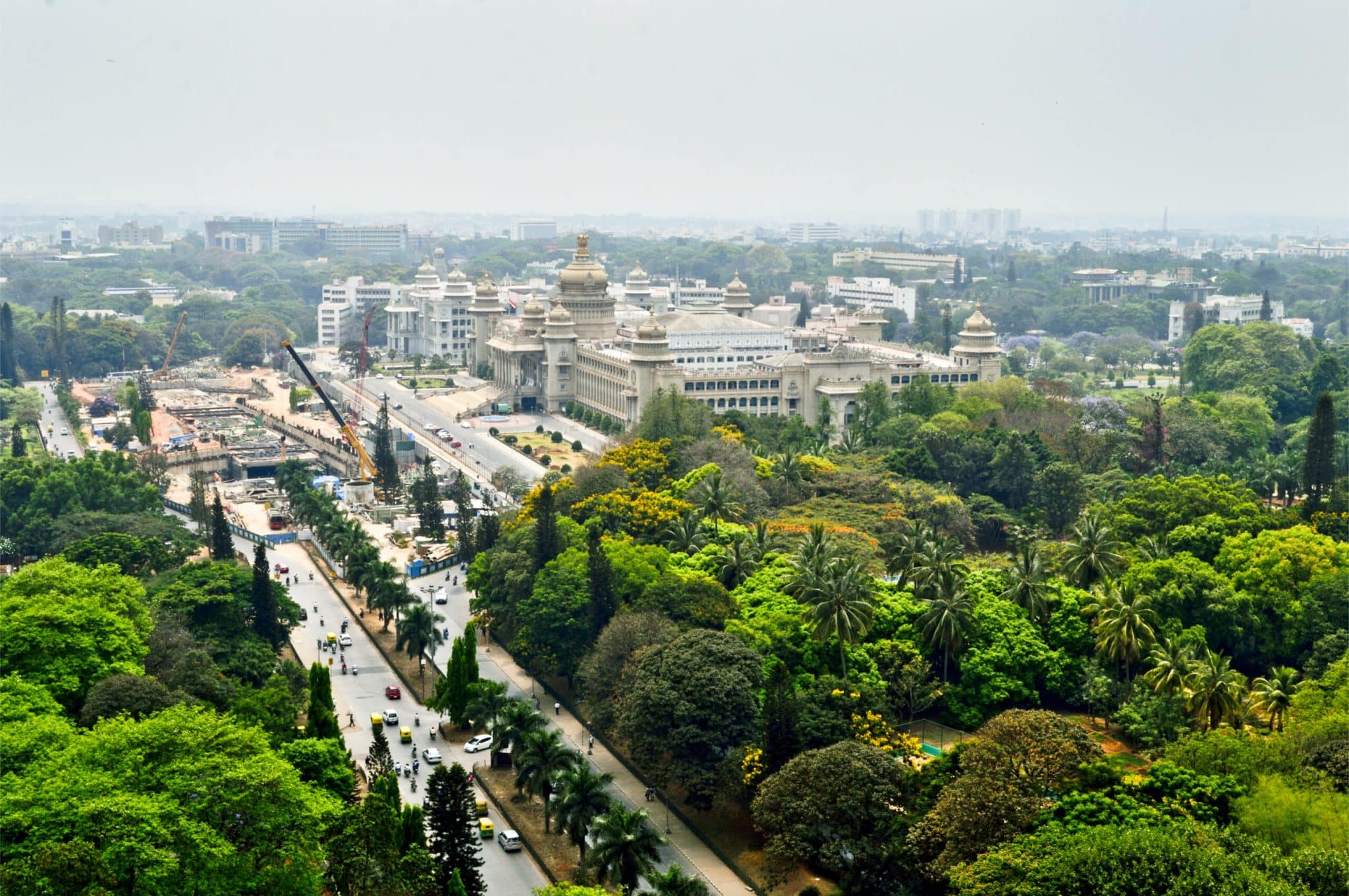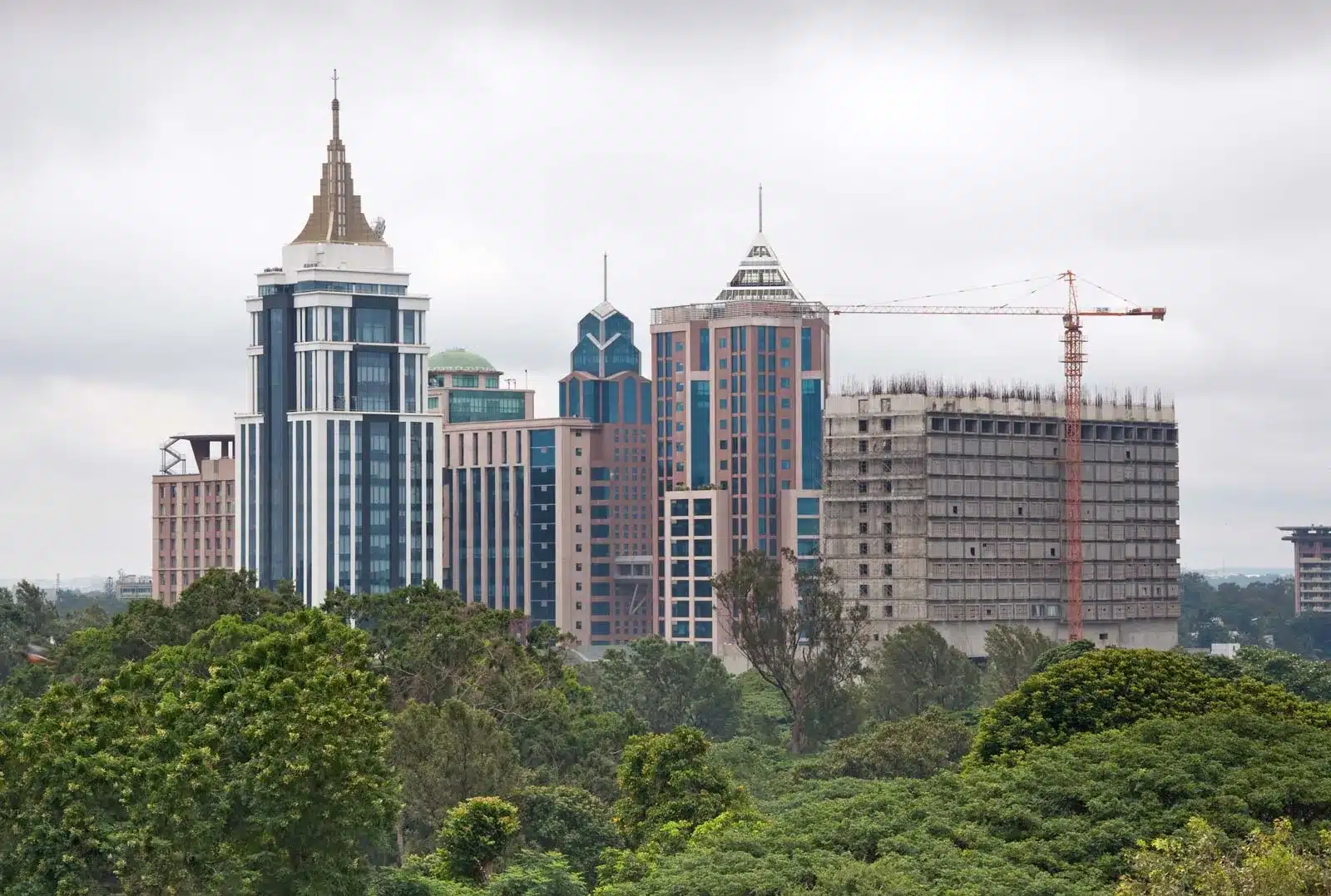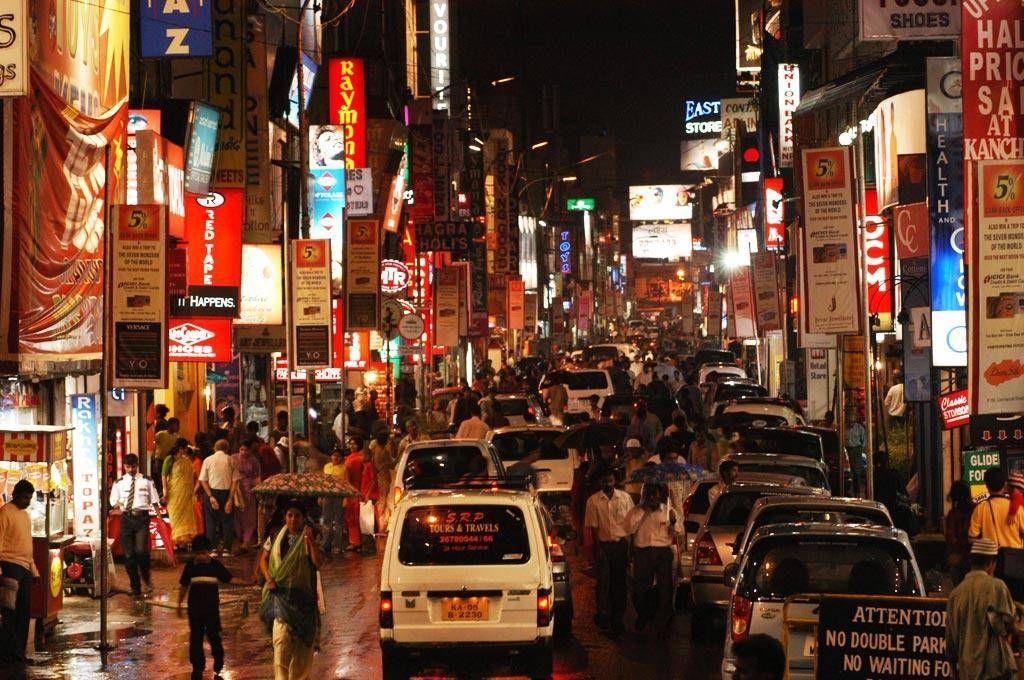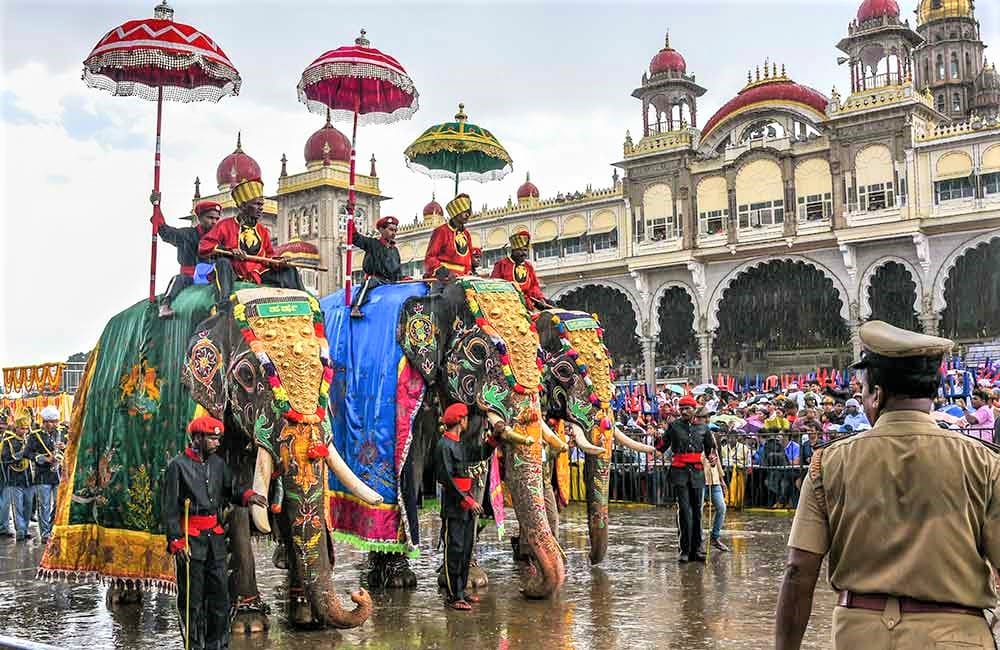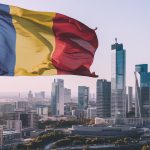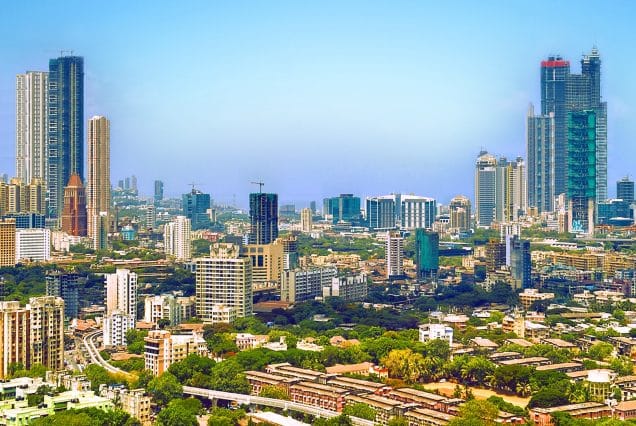

Discover India
Sights
Map
Info
India is a country known for its rich history, diverse cultures, and natural wonders. When planning a trip to India, it’s important to be aware of visa and passport requirements, transportation options, accommodation choices, and cultural norms. Practical tips on local cuisine, language barriers, and shopping habits will also enhance your experience.
Visa and Passport Requirements
Visa Requirement: Most travelers need a visa to enter India, with e-visa options available for many countries.
Passport Validity: Your passport should be valid for at least six months from the date of entry.
E-Visa: The e-visa system allows easy online application for short stays.
Transportation
Public Transport: India has extensive public transport systems including buses, metros, and trains, especially in large cities.
Ride-Hailing Apps: Services like Uber and Ola are common in urban areas, offering convenience for travelers.
Train Travel: India’s train network is one of the largest in the world and is a great way to explore the country.
Accommodation
Hotels: India offers accommodation ranging from luxury hotels to budget-friendly options.
Hostels and Guesthouses: Affordable hostels and guesthouses are popular among backpackers and budget travelers.
Rental Apartments: For extended stays, rental apartments provide more freedom and flexibility.
Dining
Local Dishes: Indian cuisine is famous for dishes like curry, tandoori, and masala, offering a rich variety of flavors.
Street Food: India is known for its vibrant street food culture, though hygiene should be considered.
Vegetarian Options: Vegetarian meals are widely available across India, catering to local dietary preferences.
Cultural Considerations
Temple Etiquette: When visiting temples, removing shoes and dressing modestly is required.
Social Norms: Greeting with “namaste” is preferred over handshakes in many parts of India.
Respect for Customs: Respecting local religious and cultural practices is important, especially in rural areas.
Language
Official Languages: Hindi and English are widely spoken, but many regions have their own local languages.
Language Barrier: While English is common in cities, learning basic Hindi phrases can be useful in rural areas.
Technology and Communication
Wi-Fi Access: Wi-Fi is available in most cities and major tourist areas, including hotels and cafes.
SIM Cards: Local SIM cards with affordable data plans can be purchased easily at airports and shops.
Shopping and Payment
Cash and Cards: Credit cards are accepted in cities, but carrying cash is advisable for smaller shops and markets.
Bargaining: Bargaining is common in traditional markets and street stalls, providing a unique shopping experience.
Shopping Centers: Major cities have modern malls alongside traditional markets, offering a mix of shopping experiences.

